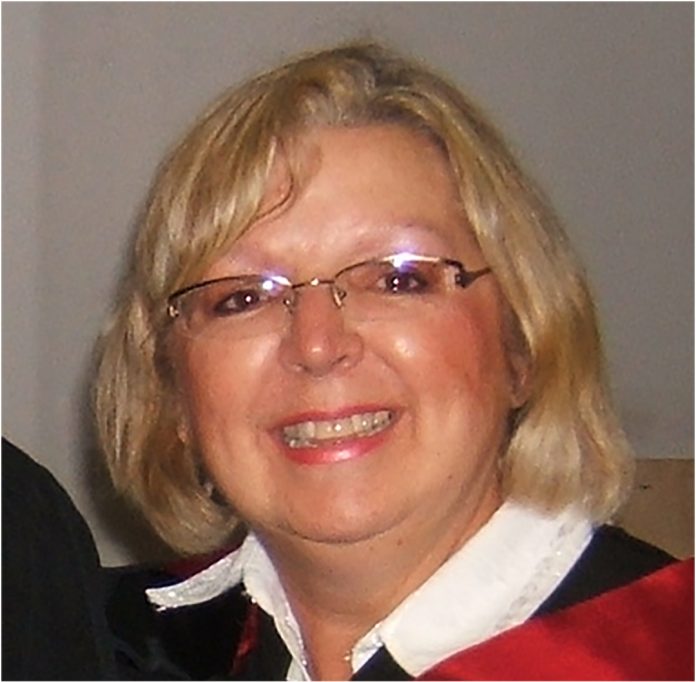The Durham College Practical Nursing Program has had to pivot, adjust, delay and adapt over the last two years due to COVID-19.
Professor Debra Morrison of the Practical Nursing Program has 22 years of experience as a faculty member of the college. In that time, she has taken an interest in technology and online learning. Even with her experience, she says teaching nursing online has been a challenge.
“That’s one of the biggest first steps that we took was to ensure that the content in the theory courses went online,” Morrison says. “We were able to continue that and of course Microsoft Teams have been a valuable asset in that way.”
According to Morrison, even practical lab courses, normally taught hands on, were moved temporarily online between March and September of 2020. Yet, the pandemic offered an opportunity to gain insight into nursing practices.
“It caused us all to pause and look at hospital practices and it changed, of course, how we interact with everyone,” Morrison says. “For example, if you’re always wearing a mask…the challenge is the body gestures and the looks. You’re really just dealing with your eyes and what people see of you. So, I think that may have created some challenges but also some opportunities to ensure that your communication was effective.”
The pandemic put placement for students on hold from March to September of 2020, and the program was forced to play catchup.
“For that time period where there weren’t any placements,” Morrison says, “we were able to adjust schedules and pick up the backlog of the placements that people that missed during that time…it was challenging once we were able to get back in the hospital, you can understand the less bodies that we have during a situation where we don’t really know what we’re totally dealing with.”
With placements resumed, Morrison says nursing students are working 12-hour shifts for their clinical practices at hospitals, which are common in the industry. Morrison says this kind of work is expected of students, and they prepared for it. The concern Morrison has for students in placement is relationship-building due to communication struggles.
One thing the pandemic has demonstrated to Morrison is the need for more health care professionals. She says the pandemic has caused more people to reach out and consider if nursing might be the right career for them.
“It’s very evident in the news and the information that’s out there that our healthcare needs nurses,” Morrison says. “We’re in extreme shortage, so I think that’s going to be positive for people who want to come into the profession.”
Morrison added the pandemic may promote health care as an option for people looking to retrain after job loss.




